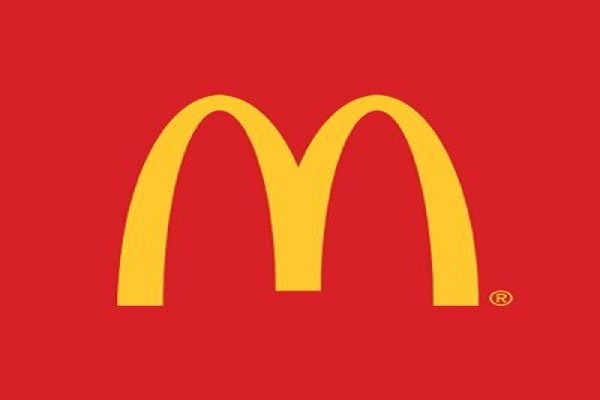
An investigation led by the European Commission has found that the non-taxation of certain McDonald's profits in Luxembourg did not lead to illegal State aid.
Following an in-depth investigation launched in December 2015, based on doubts that Luxembourg might have misapplied its Double Taxation Treaty with the United States, the Commission has concluded that Luxembourg's tax treatment of McDonald's Europe Franchising does not violate the Double Taxation Treaty with the United States. On that basis the tax rulings granted to McDonald's do not infringe EU State aid rules.
McDonald's Europe Franchising corporate structure McDonald's Europe Franchising is a subsidiary of McDonald's Corporation, based in the United States. The company is tax resident in Luxembourg and has two branches, one in the United States and the other in Switzerland. In March 2009, the Luxembourg authorities granted McDonald's Europe Franchising a first tax ruling confirming that the company did not need to pay corporate tax in Luxembourg since the profits would be subject to taxation in the United States. This was justified by reference to the Luxembourg – US Double Taxation Treaty, which exempts income from corporate taxation in Luxembourg, if it may be taxed in the United States. Under this first ruling, McDonald's Europe Franchising was required to submit proof every year to the Luxembourg tax authorities that the royalties transferred to the United States via Switzerland were declared and subject to taxation in the United States and in Switzerland.
Following this first tax ruling, the Luxembourg authorities and McDonald's engaged in discussions concerning the taxable presence of McDonald's Europe Franchising in the United States (a so-called "permanent establishment"). McDonald's claimed that although the US branch was not a "permanent establishment" according to US tax law, it was a "permanent establishment" according to Luxembourg tax law. As a result, the royalty income should be exempt from taxation under Luxembourg corporate tax law. The Luxembourg authorities ultimately agreed with this interpretation and, in September 2009, issued a second tax ruling according to which McDonald's Europe Franchising was no longer required to prove that the royalty income was subject to taxation in the United States.
Ultimately, the Commission investigation did not find that Luxembourg gave selective tax treatment to McDonald's, as its non-taxation is in line with national tax laws and the Luxembourg-United States Double Taxation Treaty. At the same time, the Commission has stated that it welcomes steps taken by Luxembourg to prevent future double non-taxation.
Commissioner Margrethe Vestager, in charge of competition policy, said: "EU State aid rules prevent Member States from giving unfair advantages only to selected companies, including through illegal tax benefits. However, our in-depth investigation has shown that the reason for double non-taxation in this case is a mismatch between Luxembourg and US tax laws, and not a special treatment by Luxembourg".
The Luxembourg government presented on 19 June 2018 draft legislation to amend the tax code to bring the relevant provision into line with the OECD's Base Erosion and Profit Shifting project and to avoid similar cases of double non-taxation in the future. This is currently being discussed by the Luxembourg Parliament. Under the proposed new provision, the conditions to determine the existence of a permanent establishment under Luxembourg law would be strengthened. In addition, Luxembourg would be able to, under certain conditions, require companies that claim to have a taxable presence abroad to submit confirmation that they are indeed subject to taxation in the other country.








